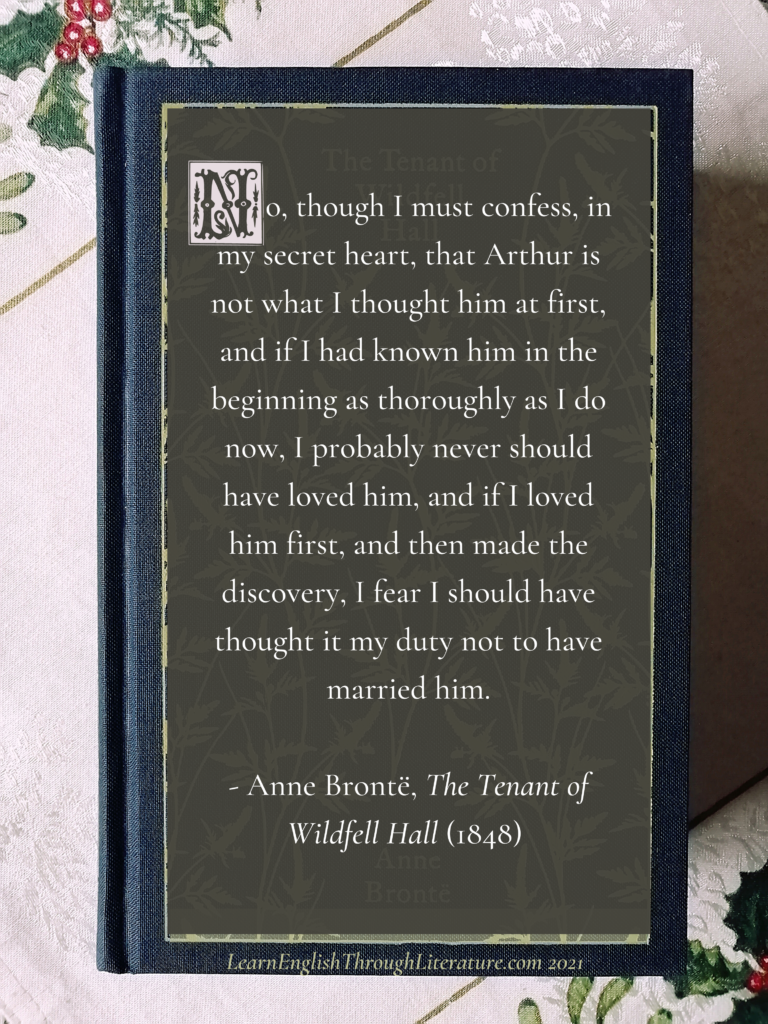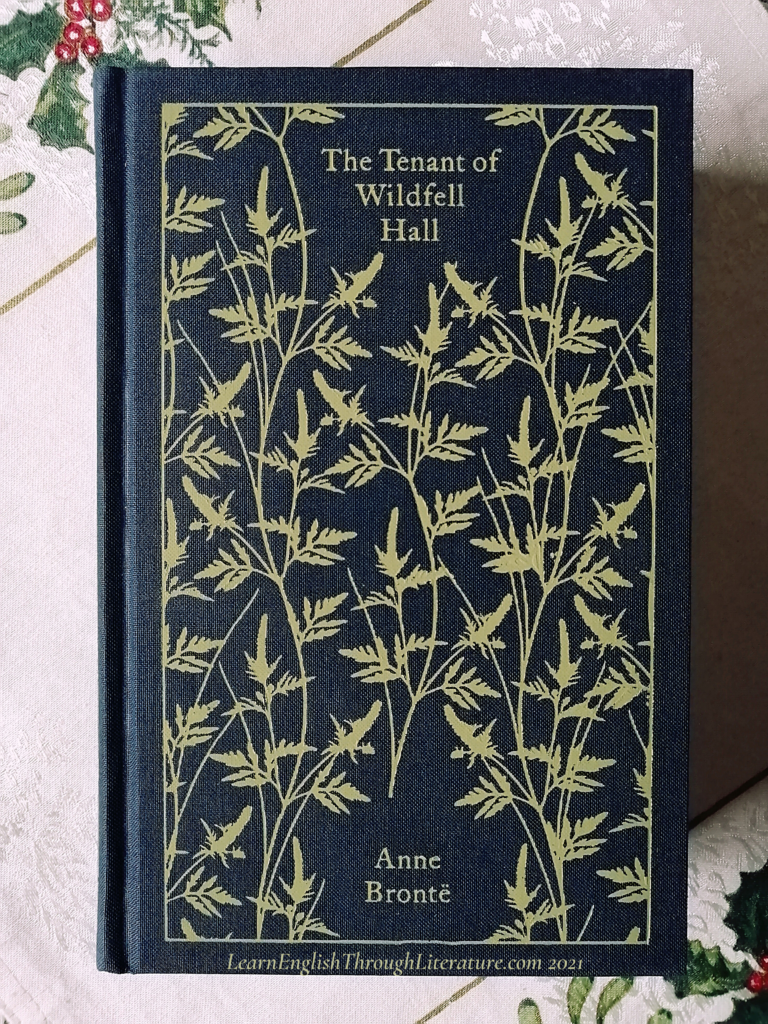Mini-Lesson Monday, Lesson #194 (Part 2): ‘Must’, ‘Have To/Have Got To, ‘Should’, And ‘Ought To’: Modal Verb Forms That Express Obligation
📗 ‘I probably never should have loved him, and if I loved him first, and then made the discovery, I fear I should have thought it my duty not to have married him.’ – Anne Bronte, The Tenant of Wildfell Hall We will continue our Lesson on ‘modal verb forms that express obligation’ here. We […]


